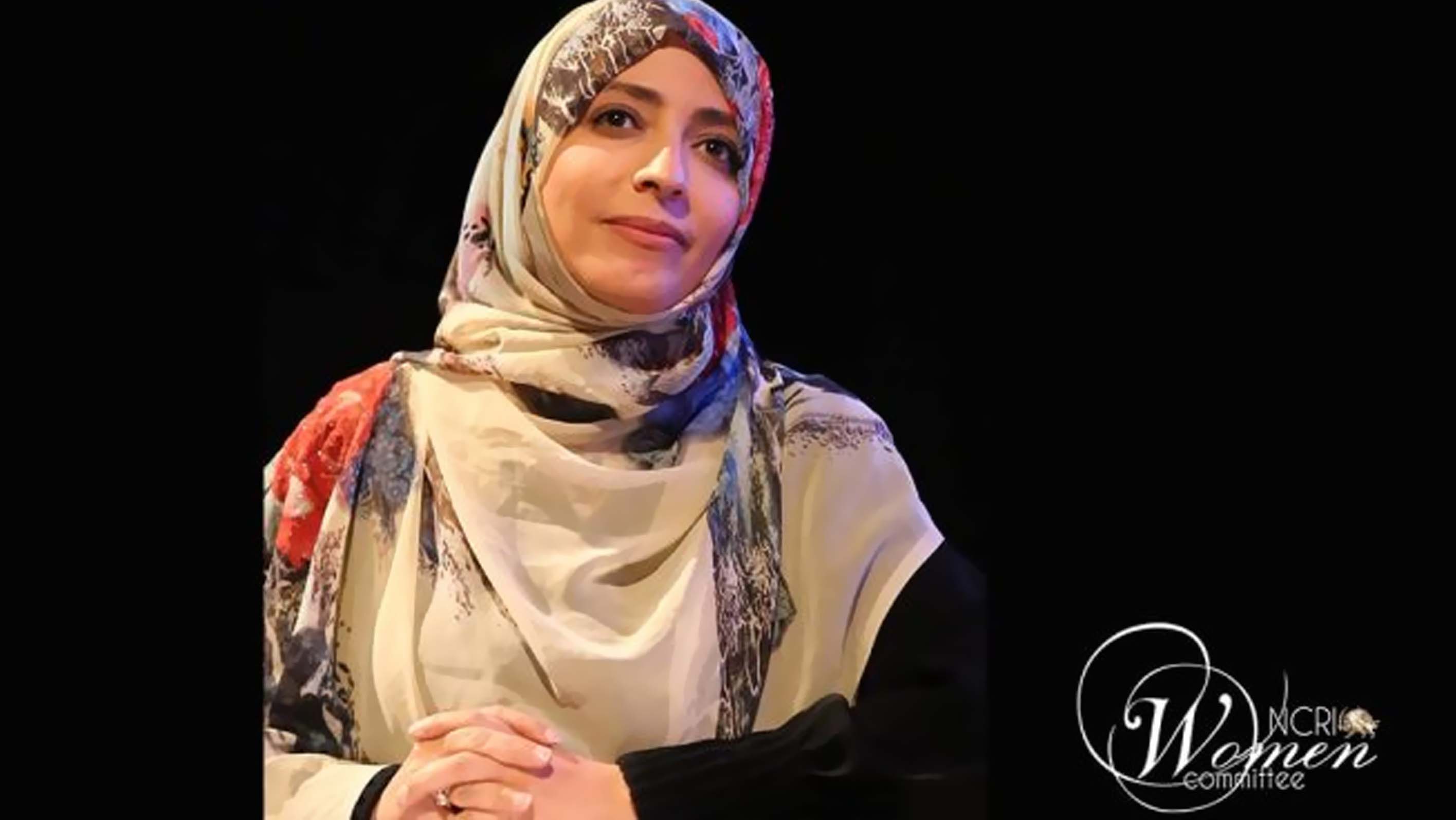Reverberation

Tawakkol Karman: Nobel Peace Prize Winner, Human Rights Icon, and Voice of the Arab Spring
Tawakkol Abdel-Salam Khalid Karman (Tawakkol Karman) widely known as the “Mother of the Revolution” and the “Iron Woman” of Yemen, stands as one of the most powerful voices for democracy, human rights, and women’s empowerment in the Middle East today.
Born on February 7, 1979, in Shara’b As Salam, Taiz Governorate—then part of North Yemen—Karman grew up in the educational hub of Taiz, a city often referred to as Yemen’s cultural capital. Against a backdrop of tradition and conservatism, she nurtured a vision for change that would one day inspire millions across the Arab world.
A journalist, politician, and fearless human rights activist, Tawakkol Karman rose to international prominence in 2005 when she co-founded Women Journalists Without Chains (WJWC). This pioneering organization was dedicated to promoting freedom of expression, press freedom, and democratic rights—concepts often under threat in Yemen. It was a bold move in a country where censorship and political repression were daily realities.
In 2007, after being denied a license for a mobile news service, Karman led a wave of protests advocating broader media freedoms. By 2011, inspired by the Tunisian revolution and the broader momentum of the Arab Spring, she courageously shifted her activism to demand an end to the regime of President Ali Abdullah Saleh. Her fearless leadership on the frontlines made her the international face of Yemen’s uprising and an enduring symbol of nonviolent resistance in the Arab world.
Tawakkol Karman’s commitment to freedom extended beyond political reform. In 2004, she made a groundbreaking personal statement by replacing her traditional niqab with colorful hijabs, challenging the notion that full face-covering was a religious necessity rather than a cultural tradition. Her bold visibility in public life sent a powerful message: women’s rights and freedom of expression are intertwined.
Her tireless struggle was recognized on the world stage when, in 2011, Karman became one of the youngest-ever Nobel Peace Prize laureates. Sharing the prestigious honor with Ellen Johnson Sirleaf and Leymah Gbowee, she was awarded for her “non-violent struggle for the safety of women and for women’s rights to full participation in peace-building work.” Tawakkol Karman made history as the first Yemeni, the first Arab woman, and only the second Muslim woman to receive a Nobel Prize, breaking barriers for generations to come.
A senior member of Yemen’s Al-Islah party for many years, Karman was later suspended in 2018 after openly criticizing the Saudi-led coalition’s role in Yemen, labeling them as occupiers. Her fearless commitment to truth and justice has made her a controversial yet celebrated figure not just within Yemen but across the Middle East.
Today, Tawakkol Karman continues to advocate globally for democracy, press freedom, women’s leadership, and peaceful resistance, using her voice on international platforms to spotlight the urgent need for change in conflict zones. She remains a beacon of hope in a world that too often silences courageous voices.
To read full texts in (wncri) click here
